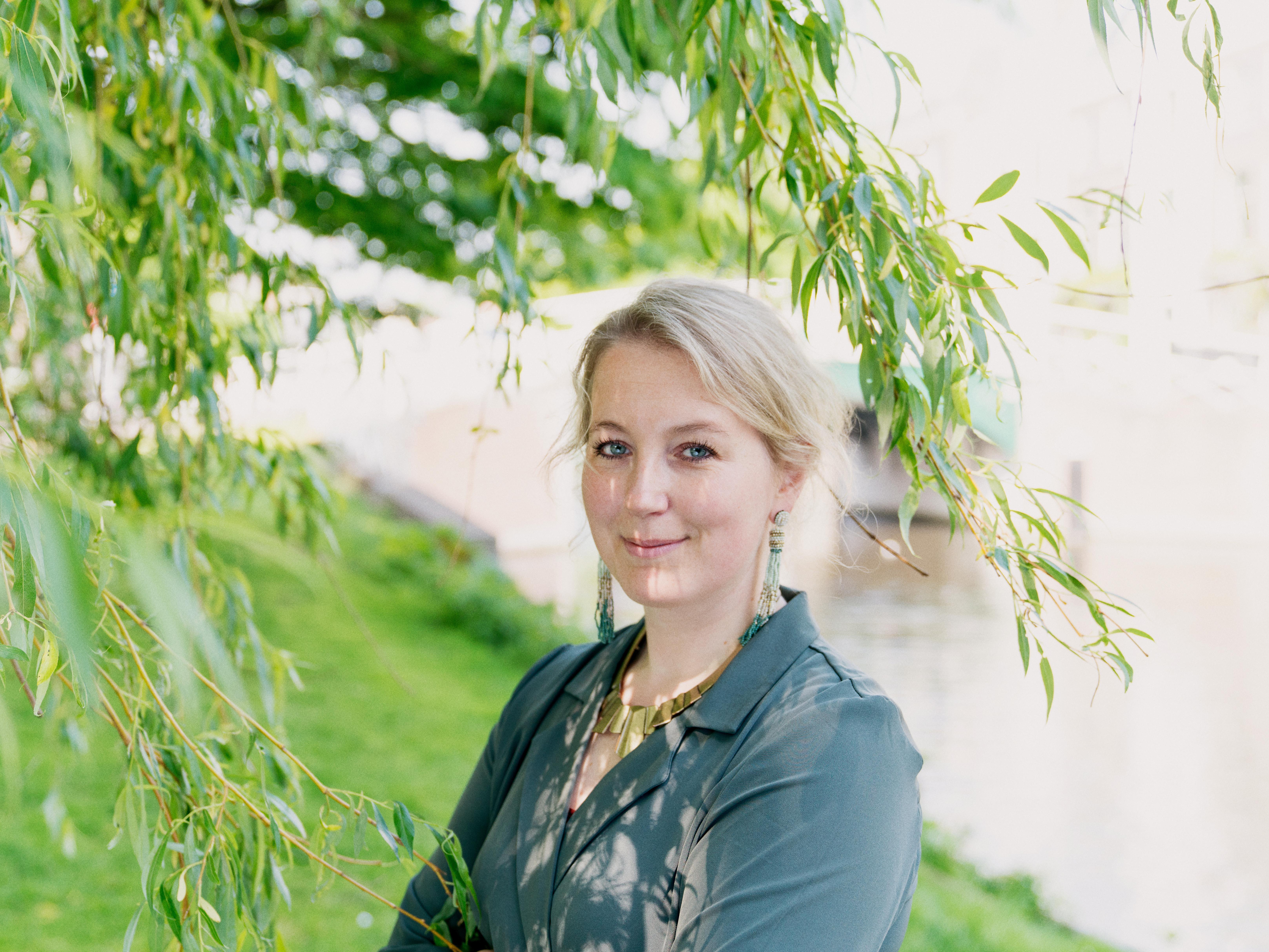'Discovering and Uncovering the Crimmigration Control Apparatus from Within'
Professor Maartje van der Woude, University of Leiden
Notes & Changes
Please note that this event will be recorded, if you do not wish to be part of the recording, please feel free to turn your cameras off once the talk begins. The talk will be made available on the Criminology website and YouTube channel at a later date.
Registration closes at midday on Wednesday 1st February. The Teams link will be sent to you that afternoon.
Various scholars working in the area of policing and immigration control have called for the necessity to acquire a better insight into the experiences, perspectives and attitudes of ‘on the ground’ border officials. As this talk will illustrate, this perspective is invaluable to fully grasp the complexity, pervasiveness and symbolic nature of Europe’s (internal) border control apparatus. The apparatus in Foucauldian terms should be seen as a device whose purpose is population control and economic management through a combination of different otherwise scattered elements - discourses, architectural arrangements, laws, scientific statements, and so on. It is a strategic assemblage that is open to unforeseen and unpredictable events and “(…) composed of a grouping of heterogeneous elements and can be deployed for specific purposes at a particular historical conjuncture.” (Rabinow 2003: 50). The historical conjuncture that was the creation of one European internal market through the implementation of the Schengen Agreement in 1999 through the Amsterdam Treaty definitely led to the grouping of a broad variety of elements on European and member-state level that were geared towards the management of the mobility of this paradoxical space in which the economic benefits of the free movement of goods, services and people had to be balanced against the perceived (national) security risks of this same free movement. Only by exploring the workings of this apparatus from within it is possible to get a better understanding of the politicized nature of this apparatus and the fact that border control officials, alike individuals on the move, in many ways also feel ‘caught’ in the border control performance they embody and represent. Various works - from a broad variety of disciplines - have illustrated that state agents play a pivotal role in mediating, altering, negotiating and contesting policies and laws. Taking a view from within thus allows one to uncover the different predicaments that (various) actors operating within the apparatus might be facing and allows for an understanding of intra-Schengen mobility control that is much more fluid, flexible and open to contingency than one might expect when looking at intra-Schengen mobility control from without.
Biography

Professor Maartje van der Woude is Professor of Law & Society at the Van Vollenhoven Institute for Law, Governance & Society of Leiden Law School, the Netherlands. Her research examines the politics and dialectics of terrorism/crime control, immigration control and border control and the growing merger of all three, also referred to as the process of crimmigration. In doing so, she has a particular interest in the multi-level dynamics of crimmigration control as well as the different ways in which local state and non-state actors use and legitimize their discretionary powers to either resist or support crimmigration practices. Van der Woude has published extensively, in the form of books, book chapters and both in national and international peer reviewed journals such as Law and Social Inquiry, Policing and Society, the European Journal for Criminology and the New Criminal Law Review. Furthermore, Prof. Van der Woude is a member of the Royal Holland Society of Sciences and Humanities, on the board of directors of CINETS – the network for Crimmigration scholars – and associate director of events for the Border Criminologies network. Besides her academic tasks and duties, she also acts as an honorary judge at the district criminal court of Northern-Holland and a member of the Advisory Committee for Migration Affairs.
